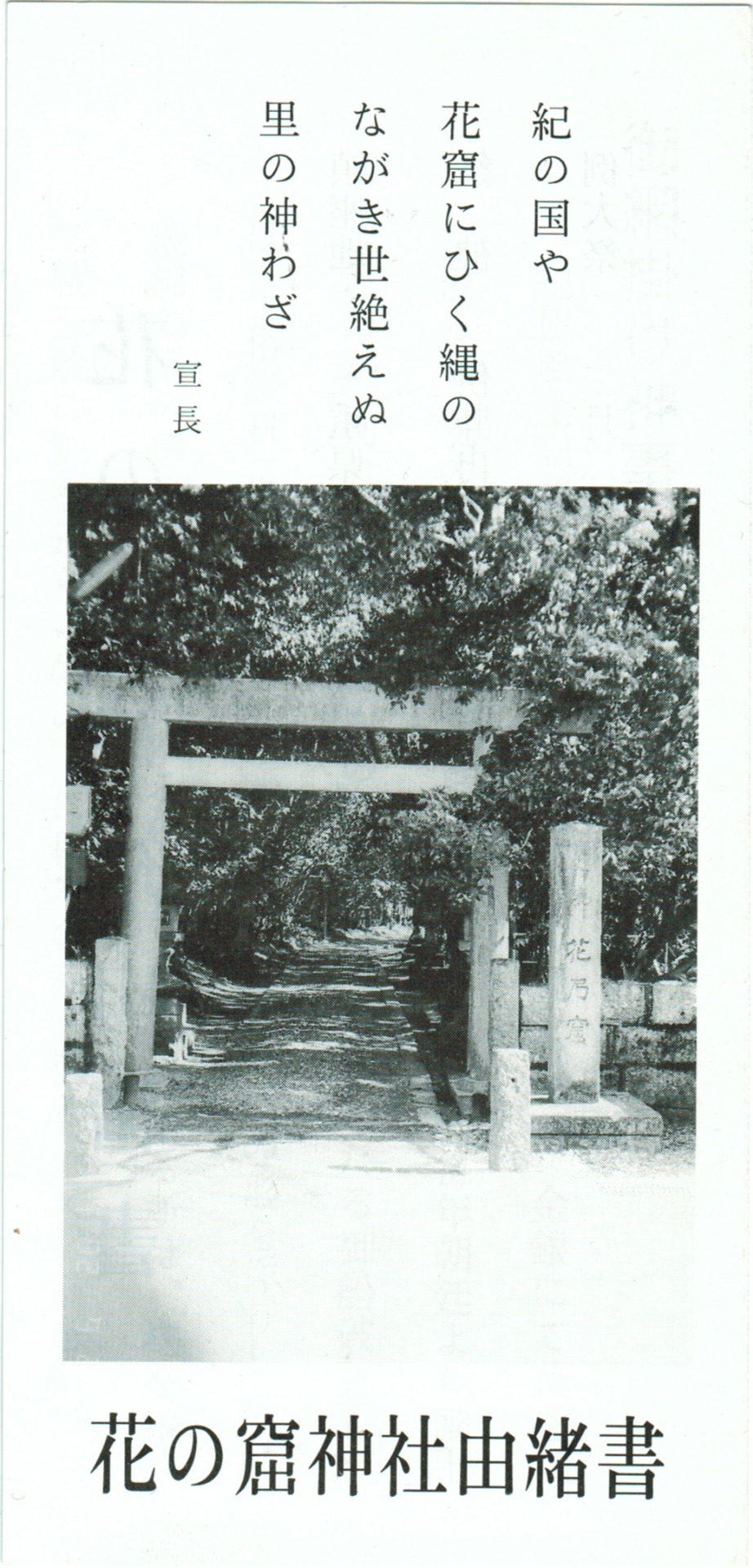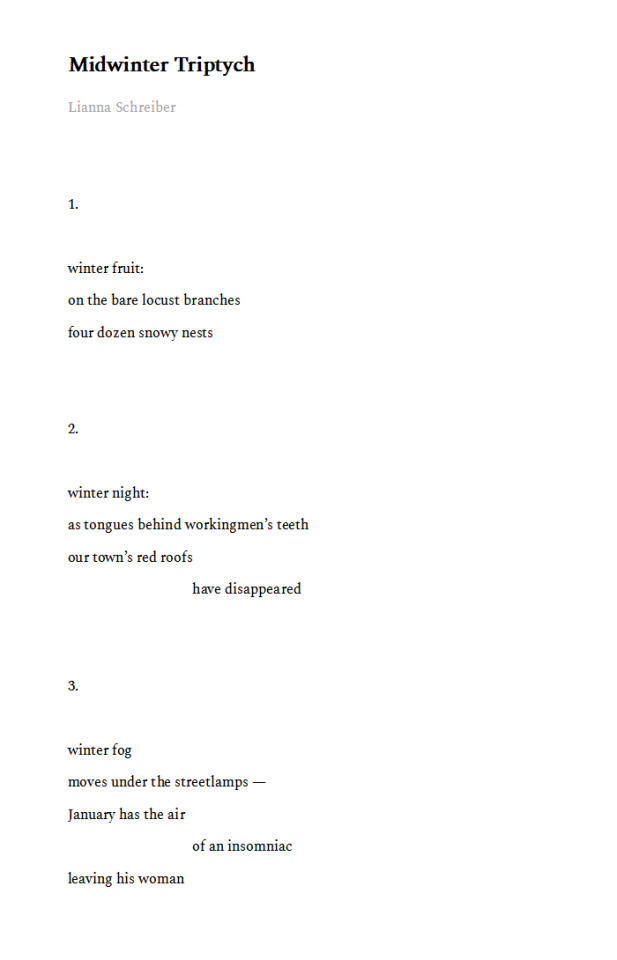#Waka poetry
Explore tagged Tumblr posts
Text

Twelve Days of Taimizu - Day 3: Words
The first chapter of book two is up! (I will be trying to make regular update posts here on tumblr from now on, seems like it might be helpful)
#12daysoftaimizu#blue eye samurai#taimizu week#blue eye samurai fanfiction#taimizu#vermillions#were i your wave#Anybody who can tell me a) what the Easter egg in this image is and b) why#I made it look like that I will literally buy a BES enamel pin lol I had fun with this stupid detail#waka poetry#BES fanfic#taimizu nation
12 notes
·
View notes
Text
[Life in humanities] Translation Thusdays
Maybe happiness is translating poetry on Thursday evenings. But read carefully, for words have double meanings.
Akazome Emon shū: 100 [Akazome]
Sent having heard of his presence in a place bonds with which were said to had been severed. Perhaps by the Mountain of Miwa 我が宿は松にしるしもなかりけり杉むらならばたづねきなまし My dwelling pines and signs on them there aren’t. Had this been a cedar grove, perhaps you would have called.
Akazome Emon shū: 101 [Masahira]
In reply 人をまつ山路わかれずみえしかば思ひまどふにふみすぎにけり Where you pine – across the trees a mountain passage unfamiliar appears and with my thoughts in confusion, treading through the cedars I have gone past.
Translations from classical Japanese are my own, done earlier this evening while we were discussing these poems from the personal collection of court lady Akazome Emon 赤染衛門 (956?–1041?).
The exchange recorded here is between Akazome Emon and her husband Ōe no Masahira 大江匡衡 (952–1012).
3 notes
·
View notes
Text
How To Recite the Hyakunin Isshu Like a Pro
If you’re here reading the blog, chances are you like the poetry of the Hyakunin Isshu. Who doesn’t? Maybe you like it so much, you’ve tried to memorize your favorite poems too (I do). But what’s better than memorizing your favorite poems? Reciting them! When I first learned to play karuta, I realized that poems of the Hyakunin Isshu are recited in a specific style in Japanese. This is necessary…

View On WordPress
3 notes
·
View notes
Text
1.
Winter melts away
as I take your hands in mine
fluttering petals
settled in your raven hair
herald the return of spring.
3 notes
·
View notes
Text
〜Sucess〜 A Waka Poem
The state of learning
Is a never ending phase
with much frustration Failure is a friend of mine
To whom we toast our success
習得は
悔し不断な
存在だ
失敗は友
喝采がする
The original Waka I first wrote was:
Learning is not just,
A linear progression.
Fail a thousand times.
Taking a road less traveled.
Success from adversity.
習得は
片道はない
千失敗だ
新道試す
難から勝利
since it was my first I hadn't quite figured out the mechanics of the poem style so I wanted to rework it :D
0 notes
Text
i dream in the reds and oranges
and in yellows too
how wilted leaves covered
the path in front of me
relentless hope softly dying
or entering a heartbroken hibernation
i can't see any other hues
than the crimson leaves which fell
and that i once saw with you
~ season's changing, i'm busy though. i would love to be writing more
#original poem#poetry#poets corner#poets on tumblr#female poets#short poem#original poems#poemsbyme#poetic#poetsandwriters#short poetry#kokinshu#waka poetry
1 note
·
View note
Text
Shinkokinshū
ながむとて花にもいたくなれぬればちるわかれこそかなしかりけれ
My melancholy gaze Upon the flowers has brought a pain Most familiar, so This falling parting is more full Of sorrow still.
nagamu tote hana ni mo itaku narenureba chiru wakare koso kanashikarikere
1 note
·
View note
Text

Ogura hyakunin isshu (One hundred poets, one hundred poems). 1680.
"This illustrated book of Ogura hyakunin isshu (One hundred poets, one hundred poems) is a collection of one hundred 31-syllable classical Japanese poems (waka), each by a different poet. The collection is organized chronologically from Emperor Tenji (626-671) to Emperor Juntoku (1197-1242). Each of the poets is depicted by a woodblock print created by Hishikawa Moronobu (1618-circa 1694). Morobonu is often considered the first Ukiyo-e artist." Library of Congress
LOC
65 notes
·
View notes
Text
kigi no ha ga irodzukidashite kono kokoro atashi no mono ni nido to narimasen
木々の葉が色づきだしてこの心 あたしの物に二度となりません
as the trees' leaves begin to turn yellow so will this heart never again be mine
16 notes
·
View notes
Text

Poem 6. [Waka (Bussokusekika) ].
Petrichor.
The iridescent
Hues, last gleam of poignant blue.
An eulogy to
My lost vernal diary.
Each drop of the tear from blue,
A petrichor of new bloom.
.
.
.
~NØIR.
.
.
.
..
.
.
.
.
...
#waka poem#daily poem#poem#poemblr#poems and quotes#poetry#my poem#poemas#original poem#poems and poetry#poems on tumblr#spilled ink#spilled thoughts#spilled poem#poetic#short poem#poets on tumblr#poemsbyme#poemsociety#writers and poets#poetries#poesia poema#poema de amor#poem of the day#prose poem#poemsoftheday#poems on life#nature#poem on tumblr#poem community
8 notes
·
View notes
Photo

A pamphlet from Hana no Iwaya Jinja Shrine (花窟神社) in Kumano City, Mie Prefecture, referenced in the “Chronicles of Japan” (日本書紀) (compiled in 720) as the burial tomb of the progenitor goddess Izanami no Mikoto (伊邪那美命) after her demise giving birth to the fire deity, with the pamphlet featuring a shot of the front entrance of the shrine along with a waka poem by Motoori Norinaga (本居宣長) (1730-1801) which can be translated as:
Down in Kii Province, A sacred rope drawn across The flowery cave For long ages without end, A small town divine wonder
Acquired at the shrine April 2, 1995
#三重県#mie prefecture#熊野市#kumano#花窟神社#hana no iwaya#神社#jinja#鳥居#torii#japanese religion#japanese literature#japanese poetry#japanese poem#和歌#waka#本居宣長#motoori norinaga#pamphlet#ephemera#printed ephemera#paper ephemera#crazyfoxarchives
82 notes
·
View notes
Photo

Midwinter Triptych, Lianna Schreiber 28-29 / 01 / 2023 § Prior to the pandemic, I used to write a fair amount of seasonal poetry, just sort of observing and recording the world around me. It still seeps in, of course, all my poems come to me in the moment and the moment is coloured by its backdrops, but...I lost my sense of time these past few years, it’s fair to say. And I would like it back. So, this year I promised myself I’d write at least one landscape per month; this is January’s, and unintended, too. I just paused in the window at three different moments since yesterday morning... :]
#spilled ink#inkstain#writers on tumblr#poets on tumblr#poetry#poem#free verse#freeverse#freeform#free form#quotidie#2023#these are haikuish and waka-adjacent because it is a form i am v comfortable with + one that works Very Well for what i call landscapes
98 notes
·
View notes
Text
Yachiyo and O-Koi dressed in the Genroku style 1905

Two geiko (geisha) from Osaka dressed in the Genroku style. Yachiyo, standing on the right, is composing waka (classical poetry) on tanzaku (poem slips), while O-Koi sits on the left, holding a suzuri (inkstone). Behind them kosode (small-sleeved kimono) are hanging on a line amidst the cherry blossoms. Traditionally, Japanese poems are tied to cherry trees when they are in full bloom.
Postmarked Meiji 44 (1911), but probably taken in 1905.
#Yachiyo#O-Koi#Genroku#1900s#japan#fashion#japanese#kimono#geiko#geisha#osaka#yachiyo#waka#poetry#tanzaku#suzuri#kosode#cherry blossoms#meiji#1910s
2 notes
·
View notes
Text
Professor Mostow Upcoming Lecture!
Hello, I wanted to share an exciting opportunity for readers. The University of Washington, my alma mater, is hosting a lecture in-person and online by none other than Professor Joshua Mostow! Dr Mostow’s book Pictures of the Heart: The Hyakunin Isshu in Word and Image Years ago, Dr Mostow graciously allowed me to use his translations of the Hyakunin Isshu for this blog, and readers have…

View On WordPress
4 notes
·
View notes
Text
Life, A Waka Poem
The great mystery
Life's question revealed to me:
Do you think Pac-Man
In his ultimate glory
Would write Waka Poetry?
4 notes
·
View notes
Text
Poetry Corner
Now who could picture Tom and Jerry turning an otherwise innocent country hike into the inevitable "cat-v.-mouse" chase just to satiate feline desires for mouse, unaware of the risks to the cat?
=============
Could you picture Peter Potamus setting off on a "flight to nowhere" with his Magic Balloon, nephews and/or nieces along for the ride-- with a stop at a rather interesting swimming hole that the Cattanooga Cats are fond of?
=============
Now imagine the challenge vis-a-vis Magilla Gorilla and The Banana Splits' Bingo over who could finish a banana split faster (and without "ice-cream headache" ensuing), a challenge born out of sheer ennui.
=============
Let's just hope the mimosas are non-alcoholic wherever the Funtastic crowd takes Sunday brunch; for one, the real stuff is "obviously bad for the image," and they're more or less the "down-to-earth" sort few Hollywood celebs in the day could manage to attain.
If you liked the experiment in three-line, not-quite-haiku poesy in Hanna-Barberian vein from last week, I hope you enjoy "kicking it up a notch" with some five-liners as may not exactly be in the waka vein, which is a traditional Japanese poetic form of 29 syllables across five lines in a 5-7-5-7-5 pattern. Meanwhile, if you have any Hanna-Barberian poesy worth sharing, I'd like to consider such for this space.
*************
@warnerbrosentertainment @groovybribri @ultrakeencollectionbreadfan @iheartgod175 @passionateclown @theweekenddigest @archive-archives @hanna-barbera-show-blog @thylordshipofbutts @thebigdingle @hanna-barberians @themineralyoucrave @screamingtoosoftly @hanna-barbera-land @warnerbros-blog1 @jellystone-enjoyer @aquablock68 @zodiacfan32 @multi-fandom-girl-451 @funtasticworld @warnerbrosent-blog
#hanna barbera#poetry#poesy#experimental#five liners#not exactly waka#tom and jerry#peter potamus#cattanooga cats#magilla gorilla#bingo (banana splits)#banana split#challenges#sunday brunch#mimosa#hannabarberaforever
4 notes
·
View notes